HEALTHY HEART - LOW COLESTROL DIET
A healthy heart, low cholesterol diet focuses on reducing the intake of cholesterol and saturated fats, which can help lower LDL (bad) cholesterol levels and reduce the risk of heart disease. Here are some dietary guidelines to promote heart health and lower cholesterol levels:
Choose Healthy Fats: Opt for monounsaturated and polyunsaturated fats, which are heart-healthy fats. Sources include olive oil, avocados, nuts, seeds, and fatty fish like salmon and trout. These fats can help increase HDL (good) cholesterol levels and improve heart health.

Limit Saturated Fats: Reduce the intake of foods high in saturated fats, as they can raise LDL cholesterol levels. Limit the consumption of red meat, full-fat dairy products, butter, and coconut
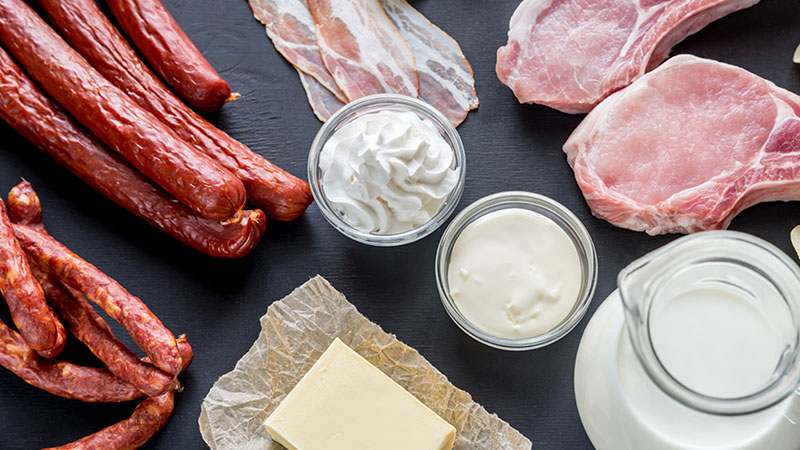 oil.
oil.Avoid Trans Fats: Trans fats are artificial fats found in many processed and fried foods. They are particularly harmful to heart health, as they not only raise LDL cholesterol but also lower HDL cholesterol levels. Check food labels for partially hydrogenated oils, as they indicate the presence of trans fats.

Increase Fiber Intake: Consuming soluble fiber can help lower LDL cholesterol levels. Include plenty of fruits, vegetables, whole grains, legumes, and oats in your diet.

Choose Lean Proteins: Opt for lean sources of protein, such as skinless poultry, fish, beans, lentils, and tofu, instead of fatty meats.
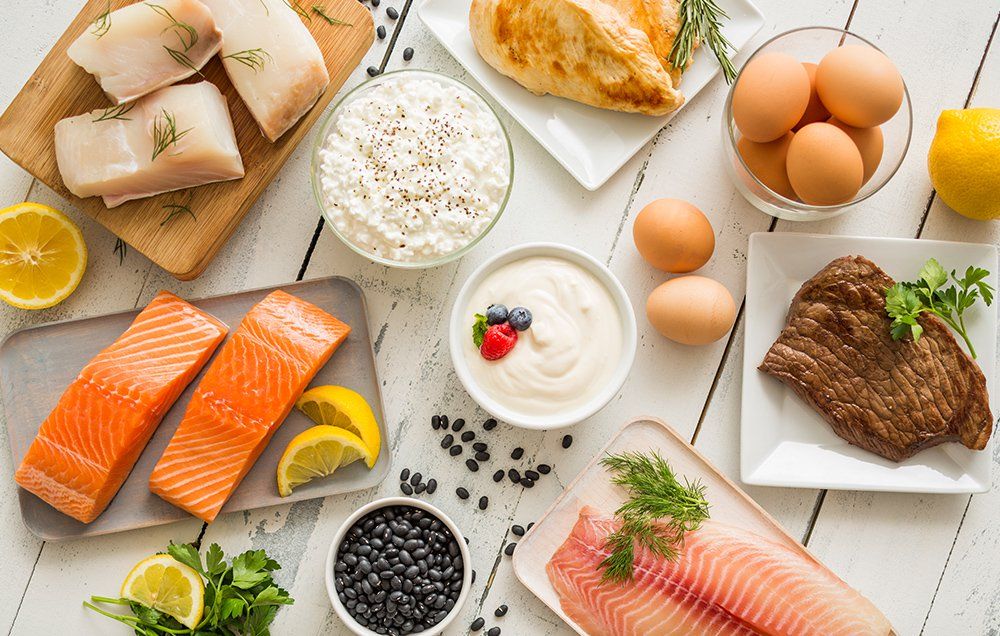
Add Plant Sterols and Stanols: These natural compounds can help lower LDL cholesterol levels. They are found in small amounts in plant-based foods like fruits, vegetables, nuts, and seeds. Certain fortified foods may also contain added plant sterols and stanols.
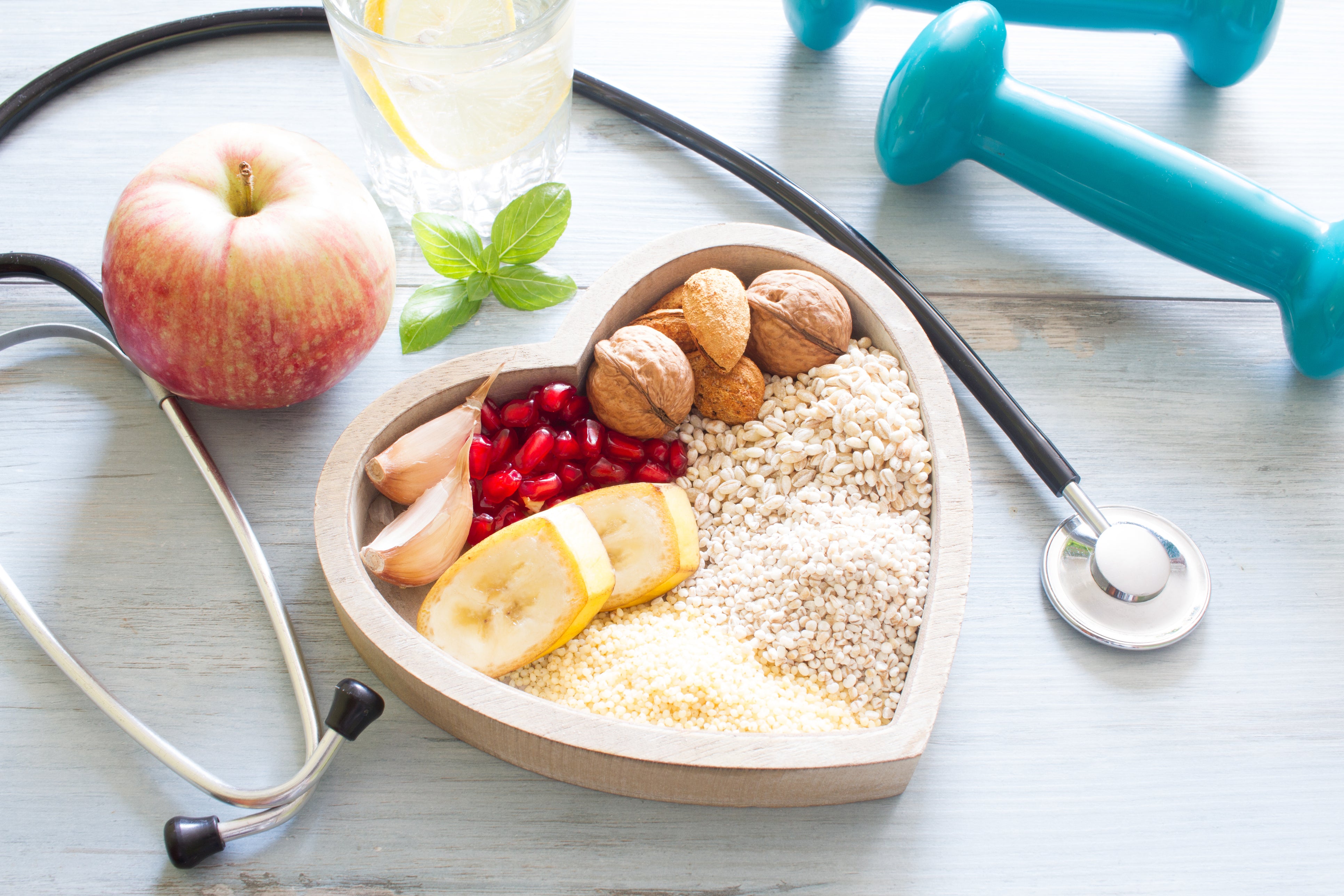
Eat Fatty Fish: Fatty fish like salmon, mackerel, and sardines are rich in omega-3 fatty acids, which have been shown to support heart health. Aim to include fatty fish in your diet at least twice a week.
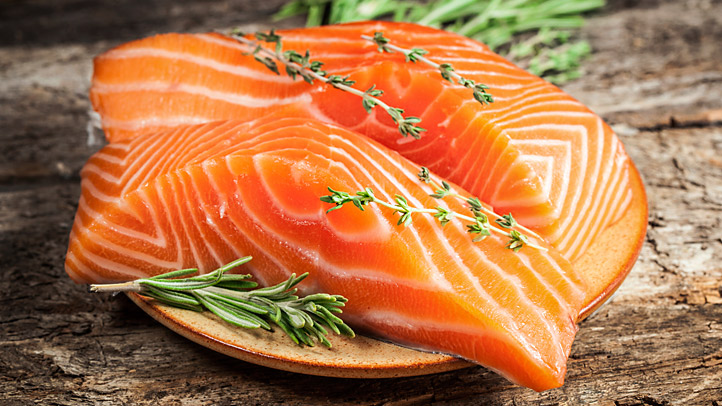
Limit Cholesterol-Rich Foods: Reduce the intake of cholesterol-rich foods like egg yolks, organ meats, and shellfish.

Control Portion Sizes: Overeating, even healthy foods, can lead to weight gain and potentially impact cholesterol levels. Be mindful of portion sizes.

Avoid Sugary and Processed Foods: High-sugar and processed foods can contribute to weight gain and other health issues. Opt for whole, unprocessed foods as much as possible.
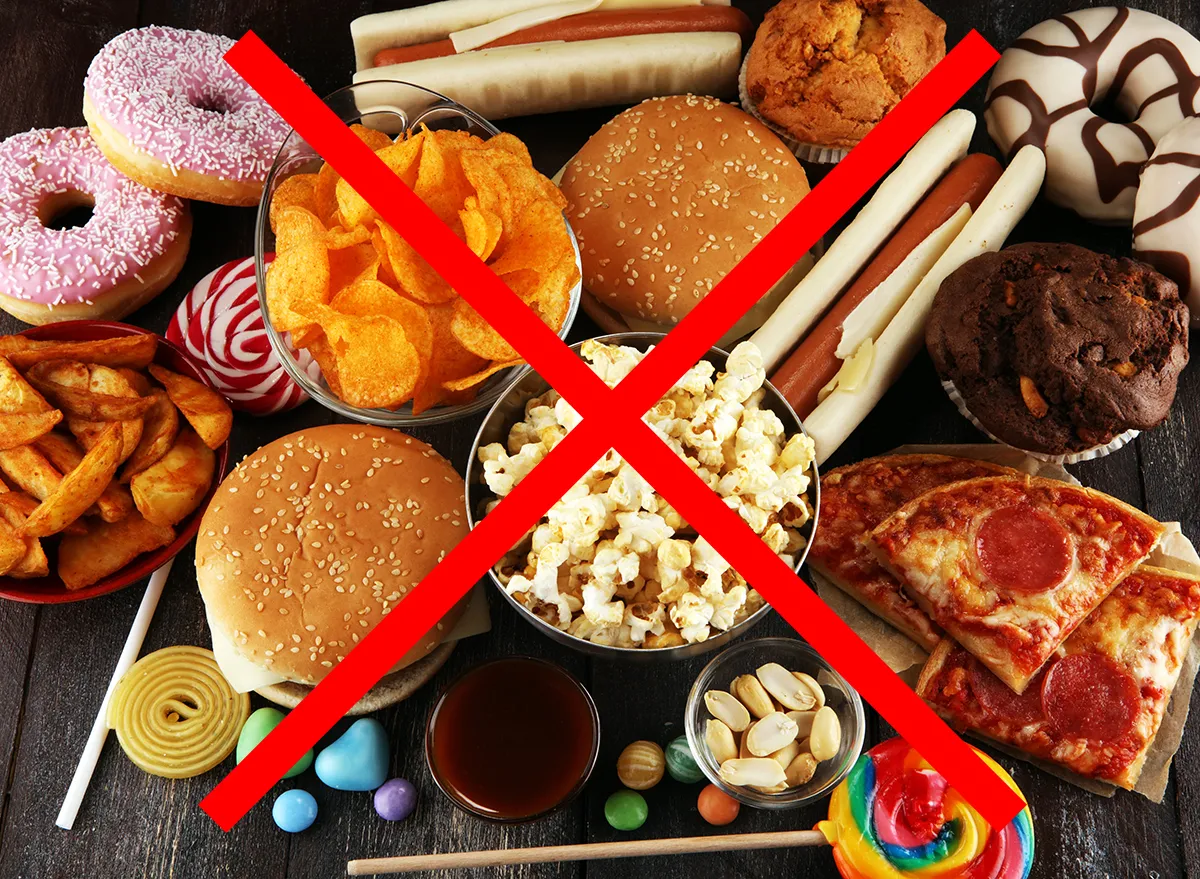
Stay Hydrated: Drink plenty of water throughout the day to stay hydrated and support overall health.
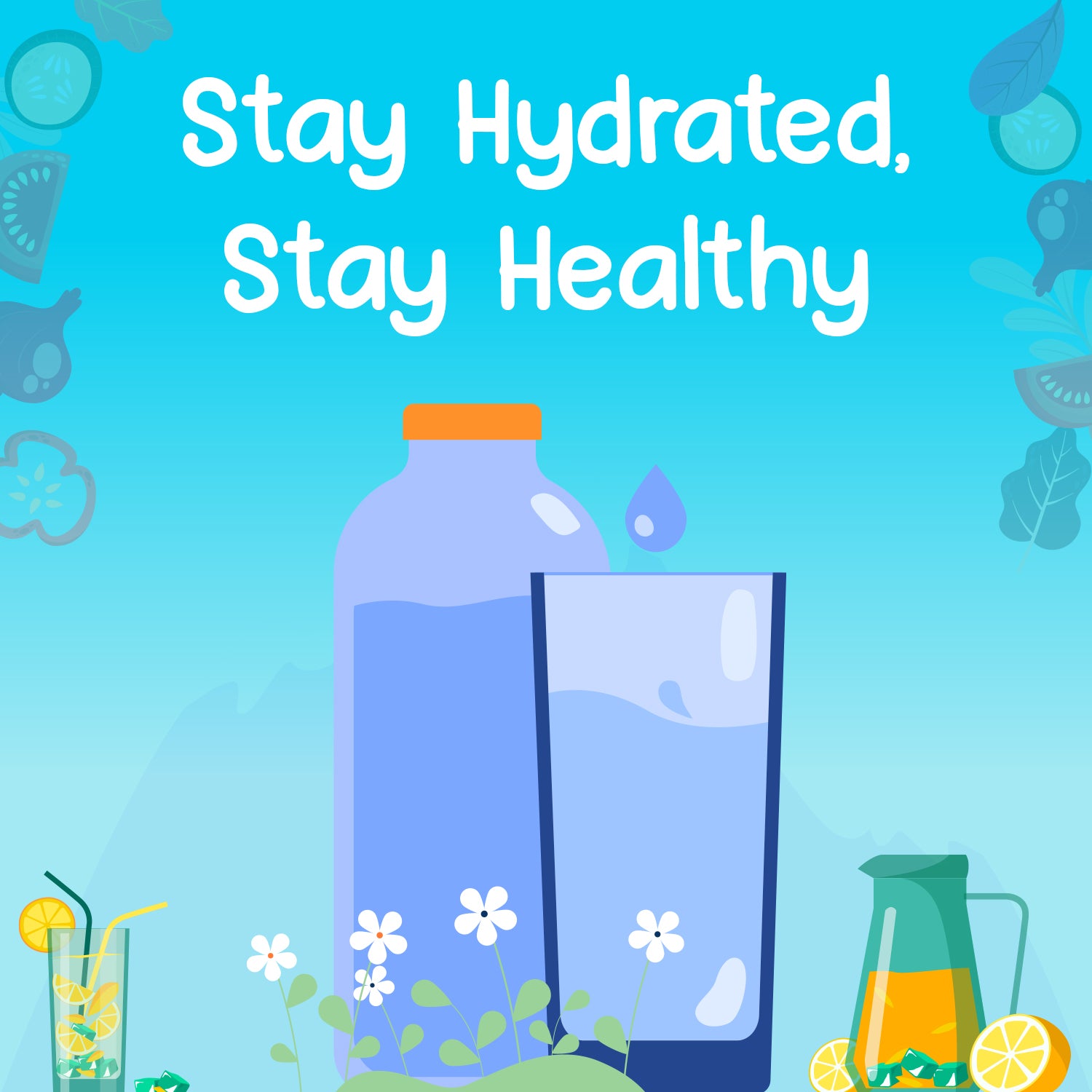
Exercise Regularly: Physical activity can improve heart health and help manage cholesterol levels. Aim for at least 150 minutes of moderate-intensity exercise or 75 minutes of vigorous-intensity exercise per week.

It's crucial to combine a heart-healthy diet with regular exercise and other lifestyle changes to achieve optimal results. If you have specific health concerns or conditions, consult with a registered dietitian or healthcare professional for personalized advice and guidance.
Comments
Post a Comment